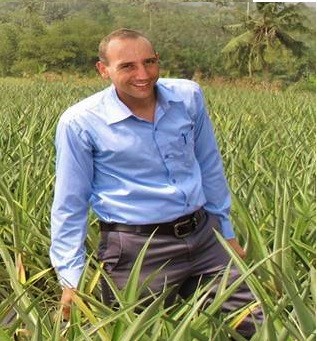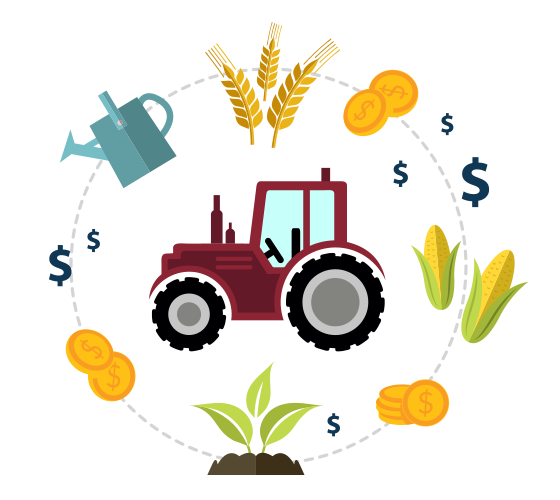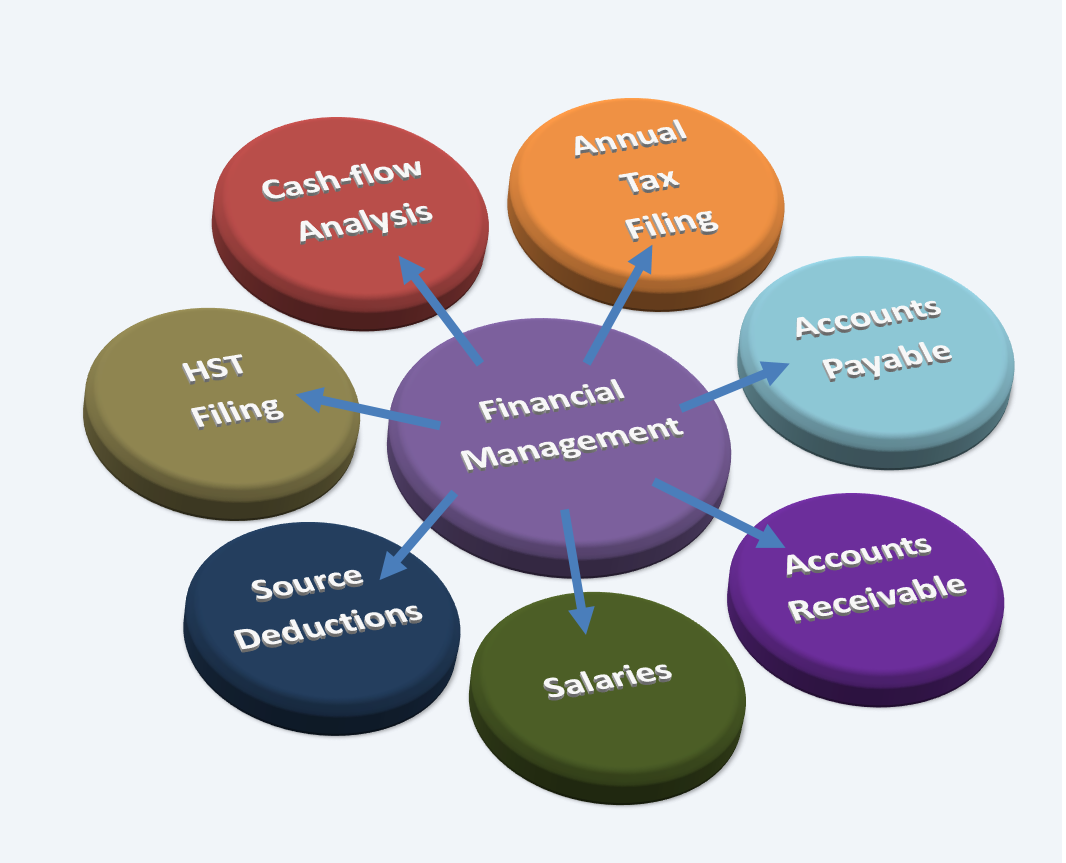“I have always loved agriculture but lacked the know how to produce organic vegetables. I met AAMI at a crucial point in my business and I have never regretted associating with them and being a part of their training programs. Their experienced trainers and faculty challenged me to start it right. ”

– Victor Benewoe
“Having spent my whole working-life in the mining industry, I took a switch and decided to invest in agriculture and therefore needed to get myself familiarized with the sector. AAMI trainings have done exactly that…..I now understand existing market chains; have grasp of best production practices and I see agriculture as a complete business. “

– Maik Blaser, HPW Fresh and Dry
“HPW Middle Management Staffs participated in AAMI’s trainings 2016. And I can say that, I see significant changes in their attitude towards work after the training. “

– Benjamin Tuakly, Bisa World (Chili Processing Company, Tema)
“AAMI courses made a great impact and transformed our approach to chili production. We now understand what to do to get the production right; meet our yield targets and meet the quality required for processing.”

– Genevieve Abban , Executive Director – Sentosa Farms
“Having worked as Investment Banker all these years with no background in agribusiness. I met AAMI with a determination to break into the agribusiness industry. AAMI trainings has added to that determination tremendous industry knowledge, management and production skills. Now, the skies is the limit!”

Agro-commodity Standards & Certification Systems (7-9 November, 2018)
Training Objectives: A major constraint to growth and diversification of agro exports in Africa is the complexity of national and international technical, sanitary and phytosanitary (SPS) conditions, which affect exports to developed markets directly. Ghana has had its fair share of this challenge in recent times following the ban on palm oil export for the use of Sudan III and the EU ban on selected…

Managing Agribusiness from a Distance (November 24, 2018)
Training Objectives: The agribusiness industry is increasingly becoming an important investment option for many foreign and local investors. Most of these new crop of agribusiness investors are city dwellers, professionals of different backgrounds (most do not have agricultural background). These investors leave their investments under the watch of families, friends or low-skilled care-takers or inexperienced farm managers, farm supervisors or sometimes with lead farmers. The…

Agribusiness Loans & Credits Management (19-22 November, 2018)
Training Objectives: It is estimated that 122 million new jobs will be needed in Africa by 2020 to absorb a growing workforce and address unemployment. Despite having 27% of the world’s arable land, many African countries import food and agricultural products from outside the continent whilst, the continent accounts for just 1% of global manufacturing. Most jobs are expected to come from SMEs that form…

Agribusiness Financial Management Training (4-6 December, 2018)
Training Objectives: Lack of sound financial management practices has been identified as one of the key factors that contributes to the termination of about 70-80% of start-ups and also stifle the growth of the existing ones due to poor management practices and lack of investment. Many SME’s cannot determine their size (net worth) and or measure performance. Decisions relating cash management, debt acquisition, stocking of…
